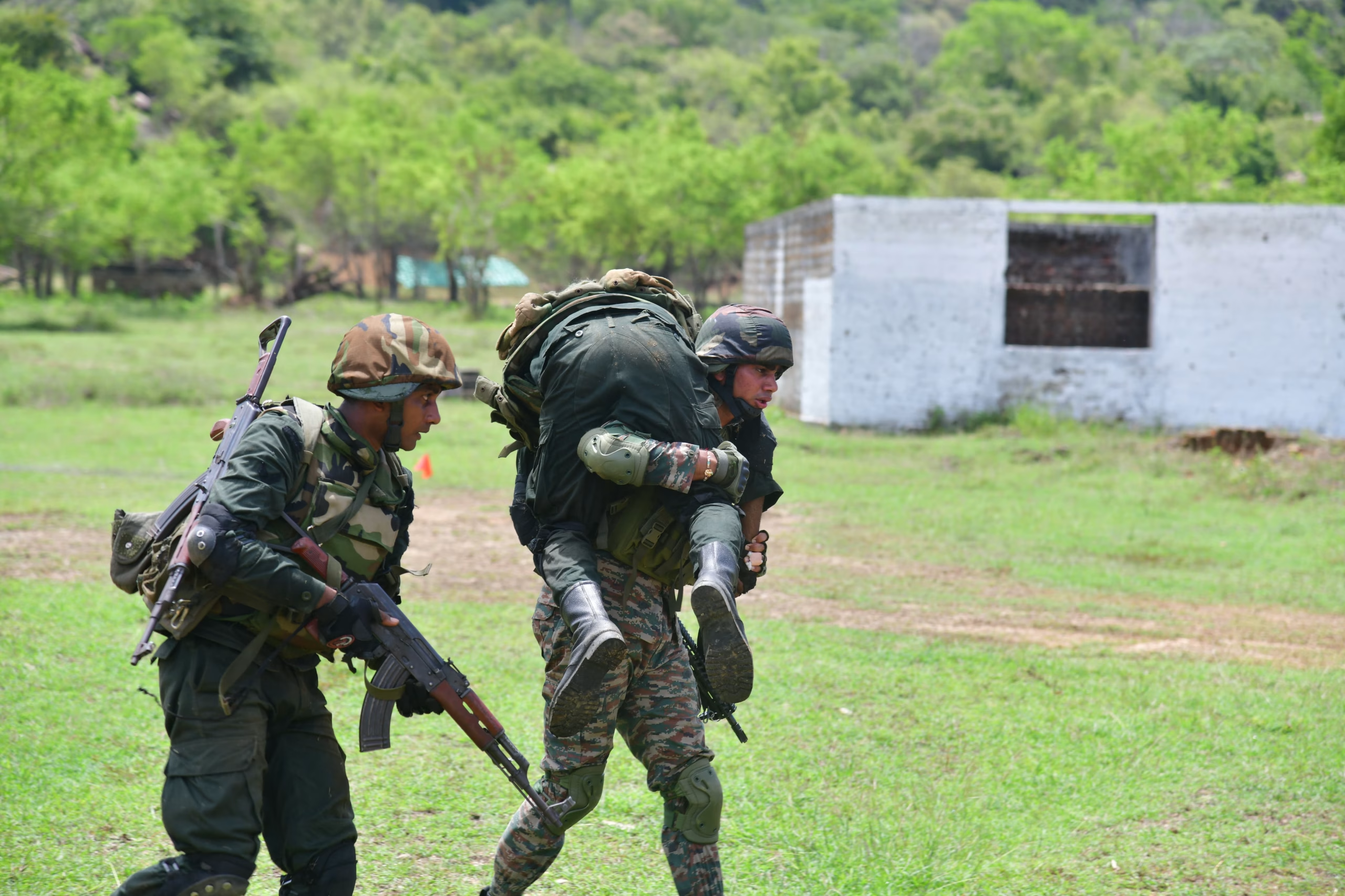Hezbollah leader vows retaliation against Israel for attacks on devices as both sides trade strikes
The leader of Hezbollah vowed to keep up daily strikes on Israel despite this week’s mass bombing attack on its communication devices, and said Israelis displaced by the fighting from homes near the Lebanon border would not be able to return until the war in Gaza ends.
Hezbollah and Israel launched fresh attacks across the border as Hassan Nasrallah spoke for the first time since the deadly device bombings he described as a “severe blow” and for which he promised to retaliate.
The two-days of attacks targeting thousands of Hezbollah pagers and walkie-talkies have been widely blamed on Israel, heightening fears that 11 months of near-daily exchanges of fire between Hezbollah and Israel will escalate into all-out war.
During the speech, Hezbollah struck at least four times in northern Israel, and two Israeli soldiers were killed in a strike earlier on Thursday. Israeli warplanes flew low over Beirut while Nasrallah spoke and broke the sound barrier, scattering birds and prompting people in houses and offices to quickly open windows to prevent them from shattering.
Israel also launched attacks in southern Lebanon on Thursday, though it was not immediately clear if there were any casualties.
In recent weeks, Israeli leaders have stepped-up warnings of a potential larger military operation against Hezbollah, saying they are determined to stop the group’s fire to allow tens of thousands of Israelis to return to homes near the border.
The attack using electronic devices appeared to be the culmination of a monthslong operation by Israel to target as many Hezbollah members as possible all at once but civilians were also hit. At least 37 people were killed, including two children, and some 3,000 wounded in the explosions Tuesday and Wednesday.
Nasrallah said the group is investigating how the bombings were carried out.
“Yes, we were subjected to a huge and severe blow,” he said. “The enemy crossed all boundaries and red lines,” he said. Pointing to the number of pagers and walkie-talkies, he accused Israel of intending to kill thousands of people at one time. “The enemy will face a severe and fair punishment from where they expect and don’t expect.”
He said Hezbollah will continue its barrages into northern Israel as long as the war in Gaza continues, vowing that Israel will not be able to bring its people back to the border region. “The only way is stop the aggression on the people of Gaza and the West Bank,” he said. “either strikes, nor assassinations nor an all-out war will achieve that.”
Earlier Thursday, Hezbollah said it had targeted three Israeli military positions near the border, two of them with drones. Israeli hospitals reported eight people lightly or moderately injured. Overnight, the miltiary said it struck several militant sites in southern Lebanon,
Hezbollah says its near daily fire is a show of support for Hamas. Israel’s 11-month-old war with Hamas in Gaza began after its militants led the Oct. 7 attack on Israel.
Israel has responded to Hezbollah’s fire with strikes in southern Lebanon, and has struck senior figures from the group in the capital Beirut. The exchanges have killed hundreds in Lebanon and dozens in Israel and forced the evacuation of tens of thousands of residents on each side of the border.
Israel and Hezbollah have repeatedly pulled back from an all-out war under heavy pressure from the United States, France and other countries.
But in their recent warnings, Israeli leaders have said they are determined to change the status quo dramatically.
Speaking to Israeli troops on Wednesday, Israeli Defense Minister Yoav Gallant said, “We are at the start of a new phase in the war it requires courage, determination and perseverance.” He made no mention of the exploding devices but praised the work of Israel’s army and security agencies, saying “the results are very impressive.”
Gallant said that after months of fighting Hamas in Gaza, “the center of gravity is shifting to the north by diverting resources and forces.”

